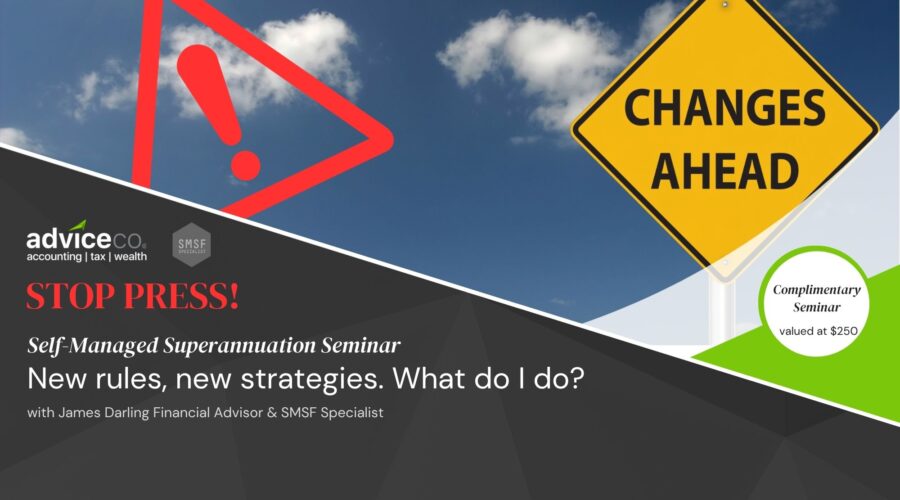‘Yellow Pages’ directory scam strikes again – Small businesses beware Posted on October 9, 2018

Businesses are tricked into thinking the fax is affiliated with Sensis’ Yellow Pages directory by using this well-known Australian company’s name and ‘Walking Fingers’ logo. However, Sensis warns that ‘Yellow Page Australia’, ‘Online Business Directory’ and the website ‘www.yellow-page-australia.com’ are in no way connected with Sensis or Telstra.
Other types of scams which frequently target small businesses are fake invoices, such as messages warning a company’s domain name registration has expired and a bill for a renewal fee, or scammers sending unsolicited emails pretending to be the Australian Taxation Office.
A ‘Yellow Pages’ scam has previously targeted Australian businesses. In April 2011, the ACCC successfully prosecuted two overseas companies for sending thousands of these types of faxes to local businesses. The Federal Court imposed penalties totaling $2.7 million against the perpetrators. Authorities in the United States and Canada also successfully prosecuted other scammers behind this global scheme. Whilst the perpetrators from this round of faxes appear to be different, the conduct is nearly identical.
Scammers are very sophisticated these days, targeting small businesses at busy times when they’re more vulnerable to fall victim. The perpetrators behind this ‘Yellow Pages’ scam are more than likely taking advantage of the new financial year period to trick busy businesses into signing up to an unwanted service. While reports suggest that Aussie businesses are alert to the scam and haven’t been duped, this batch of faxes indicates an invoice due date right in the middle of tax time. As in the past, these scammers may soon start hassling businesses for payments, including threatening them with late payment fees. They may also switch to other delivery methods such as email, letter or phone to approach their targets.
Small businesses – be alert and follow these key rules:

-
If you receive a ‘Yellow Pages’ fax or email, just bin it or press ‘delete’ – Sensis will never approach you this way.
-
If you receive a threatening call, email or fax demanding payment, ignore it and report it.
-
Spread the word – make sure your staff are alert to how this scam works and how to protect your business.
Don’t let scammers slip under your business’s radar during tax time – stop and think twice before you respond to any unexpected offers, tax invoices or demands for payment.
How these scams work
-
Your business receives a fax or email out of the blue from an online business directory asking you to confirm your contact details. On closer inspection of the form’s small print, it specifies details of an agreement to sign up to their advertising services.
-
To make the offer appear legitimate, the fax or email claims to come from a well-known business, complete with their logo and branding. It may also include a link to a website that has a reputable-sounding domain name and all the hallmarks of a professional site.
-
If you sign and return the form, the scammer will claim that you have accepted their offer and are locked in to pay an expensive ongoing contract, such as $99 per month for a minimum 2 year period. They may demand payment 12 months in advance.
-
If you refuse to pay, the scammers might try to intimidate you by threatening legal action or debt collection.
Protect yourself
-
Make sure the business you are dealing with is the real deal – if you receive a form or tax invoice out of the blue, verify who they are by contacting the company directly using contact details you sourced independently through a phone book or online search. Do not call a number on the fax or email you have received.
-
Don’t respond – ignore unexpected or suspicious approaches to your business, whether it be via fax, letter, email, at your store or over the phone. Bin it, delete it, shut the door or just hang up.
-
Protect your details – never give or clarify any information about your business unless you trust the other party. Also ensure you know what the information will be used for.
-
Make yours a ‘fraud-free’ business – effective management procedures can go a long way towards preventing scams. Have a clearly defined process for verifying and processing accounts and invoices, and try to avoid giving too many staff authorisation to make orders or pay invoices.
-
Don’t be intimidated – do not let anyone pressure you into making decisions involving payments or ongoing contracts. If you are unsure, always seek independent financial or legal advice.





